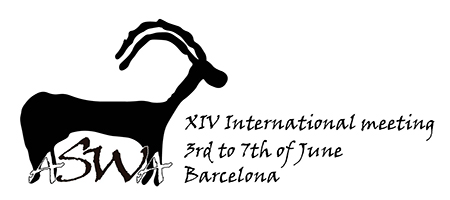This study explores the mechanism of pig husbandry in a critical time in southern Levant history: the Classical period (c.333 BC-AD 636), the millennium preceding the Islamic conquest that was defined by Greco-Roman imperialism, culture contact, and increased polarization of pig husbandry and consumption among Jewish and non-Jewish populations.
Various archaeological, zooarchaeological and morphometric methods are thereby implemented on pigs' skeletal assemblages from several key sites in Israel: Tel Anafa, Akko, Tel Nov, Tel Dor, Tel Beit Yerah, Maresha, and particularly sites in the vicinity of Jerusalem; West Cardo, Beit Hauma, Keshet Willson and the Byzantine street.
The obtained data are examined to reconstruct the diverse paths whereby pigs were raised, and how pork consumption was integrated or excluded from daily life. The outcomes of this study shed new light not only on religion and ethnicity features of Levantine populations, but also are important to understand the remarkable expansion of pig husbandry during the classical period (Horwitz & Studer 2005; Perry-Gal et al. 2015).

 PDF version
PDF version
